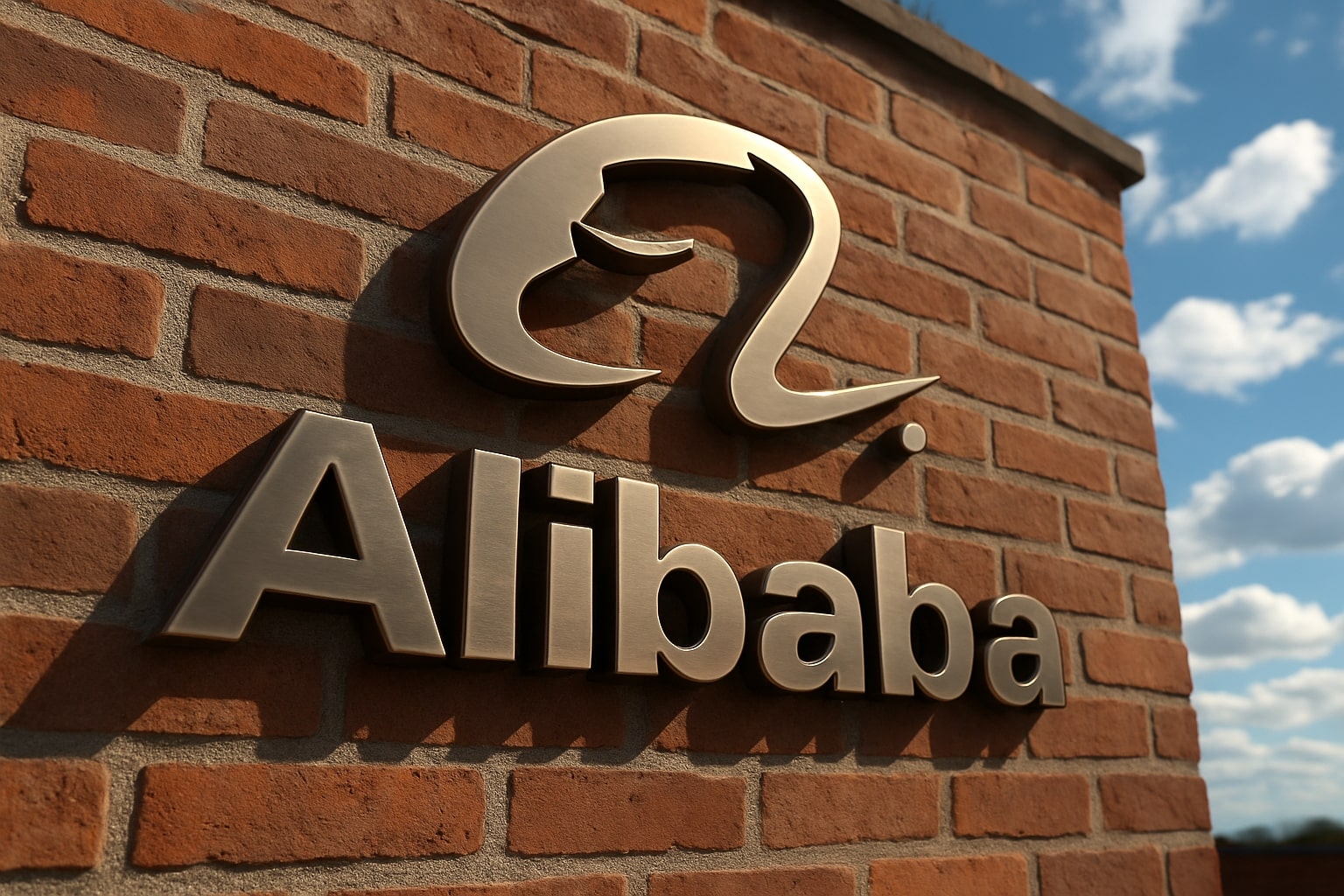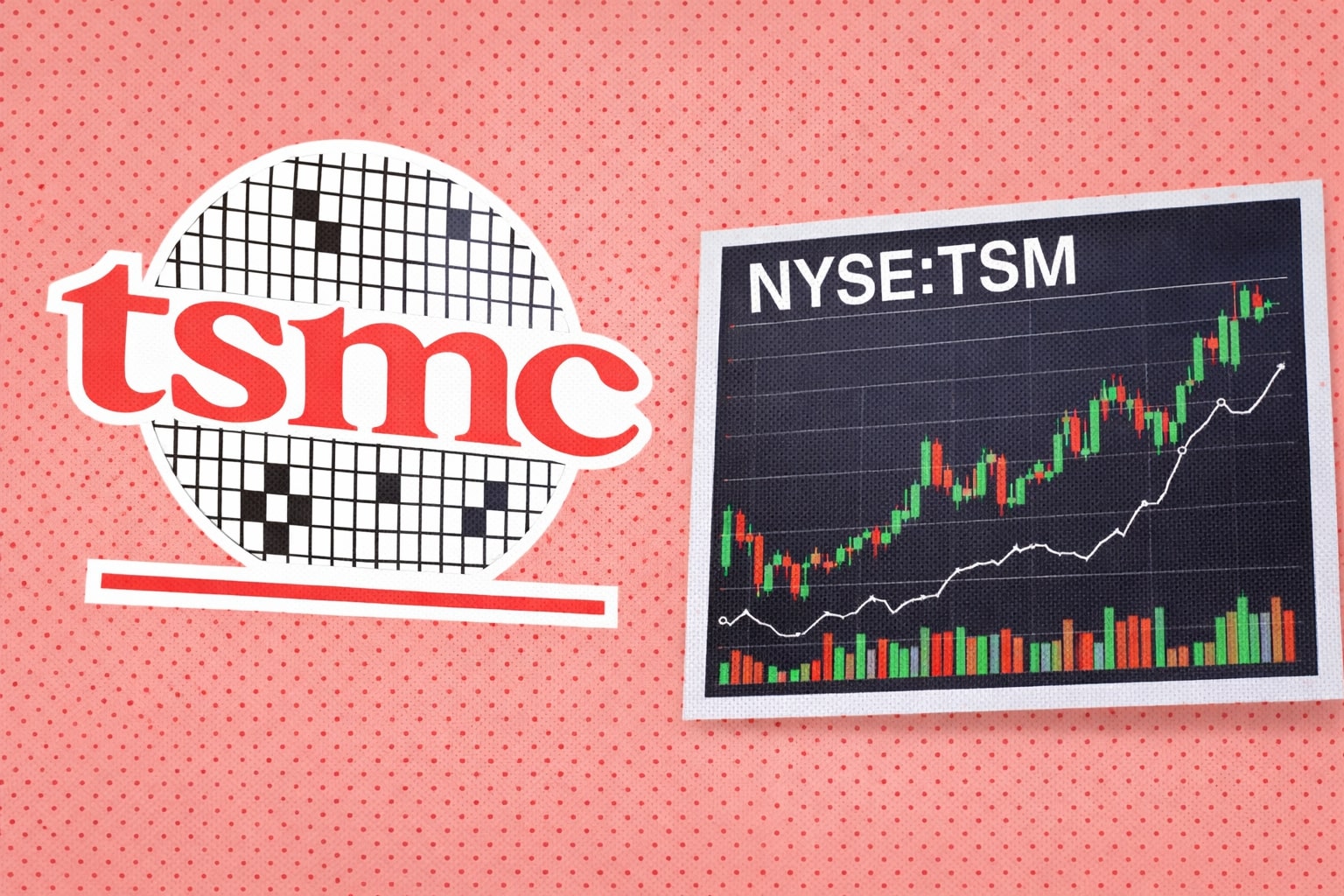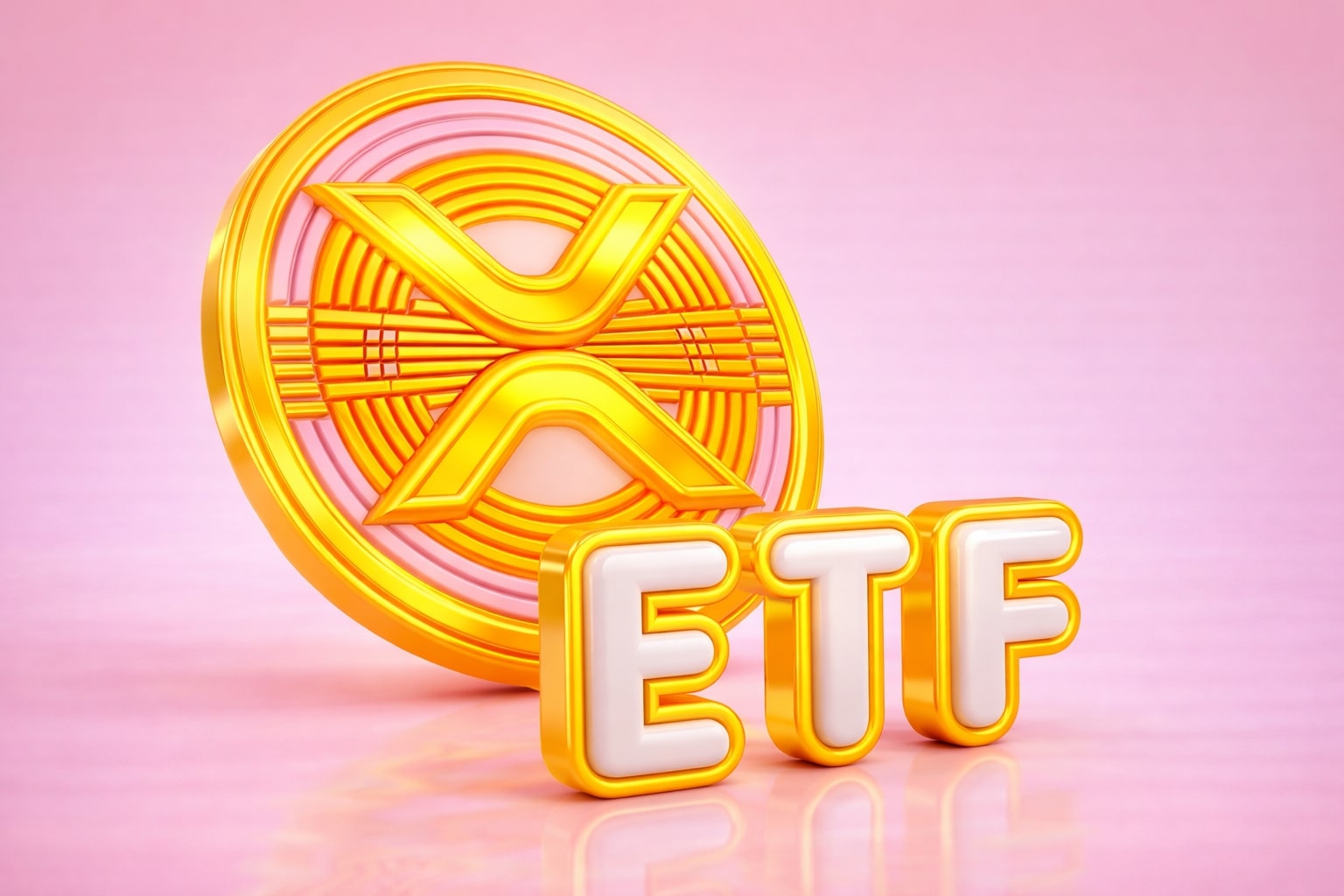
Alibaba Stock Price at $162.81 Powers Ahead with 96% YTD Rally on Cloud and AI Momentum
With RMB 416B cash, 26% cloud growth, and analysts targeting up to $195, Alibaba (BABA) looks undervalued at 18.7x P/E despite regulatory risks and fierce competition | That's TradingNEWS
NYSE:BABA Market Performance and Recent Momentum
Alibaba Group Holding Limited NYSE:BABA closed at $162.81 on September 19, 2025, with after-hours trading moving slightly higher to $163.18. The rally over the past year has been nothing short of dramatic, with the stock climbing 96.12% year-over-year and an even sharper 96.79% YTD return. This surge has lifted the company’s market cap to $392.8 billion, up from just $203.3 billion a year ago, marking a near doubling of value within twelve months. To put this into perspective, the Hang Seng Index rose 32.33% in the same timeframe, showing Alibaba’s clear outperformance of its domestic benchmark. The stock has also set a new 52-week high at $167.32, while its low was $80.06—an incredible swing that highlights both volatility and opportunity. Average daily trading volume is around 16.9 million shares, with liquidity sufficient to attract both retail and institutional investors.
Cloud Intelligence and AI: The Core Growth Engine for NYSE:BABA
Alibaba Cloud has become the centerpiece of the company’s future growth story. In Q1 FY2026, the Cloud Intelligence Group posted RMB 33.4 billion ($4.67 billion) in revenue, growing 26% year-over-year, well above expectations. More importantly, AI-driven products surged by triple digits for the eighth consecutive quarter, highlighting the accelerating monetization of artificial intelligence within Alibaba’s ecosystem. The launch of Qwen3-Max-Preview, a trillion-parameter AI model, positioned Alibaba as one of the few companies globally able to deploy hyperscale models comparable to OpenAI and Google DeepMind. This model is being offered through Qwen Chat and Alibaba Cloud APIs, boosting adoption among enterprise clients. Over the past year, Alibaba invested RMB 100 billion in AI infrastructure, cloud platforms, and R&D. The SAP partnership, announced in 2025, represents a major validation of Alibaba’s global credibility, as SAP will run core enterprise software on Alibaba’s cloud infrastructure. With 33% market share of China’s cloud services, far ahead of Huawei at 18% and Tencent at 10%, Alibaba remains the dominant domestic player with the capability to expand internationally.
E-Commerce Rebound and Quick Commerce Push
Alibaba’s core commerce segment remains its largest revenue contributor, reporting RMB 140.1 billion ($19.7 billion) in revenue for the quarter, up 10% year-over-year. Yet adjusted EBITDA fell 21.3% YoY to RMB 38.4 billion due to rising investments in instant delivery platforms. The “Quick Commerce” initiative, integrated into Taobao, generated $2 billion in revenue, representing 12% YoY growth, with management projecting it will contribute 1 trillion yuan in GMV within three years. This aggressive push into one-hour delivery directly challenges rivals JD.com and Meituan, aiming to capture demand from China’s lower-tier cities where consumption growth is outpacing urban centers. Internationally, Alibaba’s AIDC division generated RMB 34.7 billion ($4.9 billion) in revenue, surging 19% YoY, and nearly reached breakeven with losses narrowing from RMB -3.7 billion to RMB -59 million. These results highlight that while domestic e-commerce is being pressured by heavy investments, global expansion is rapidly building into a profitable growth engine.
Financial Results and Profitability Outlook
Alibaba reported total quarterly revenue of RMB 247.65 billion ($34 billion), growing just 1.8% YoY, a slowdown compared to peers. However, net income rose 78% YoY to RMB 43.1 billion ($5.9 billion), driven by both investment gains and better-than-expected performance in cloud and AI. Diluted EPS reached RMB 8.68 ($1.19), while trailing twelve-month EPS stands at 8.68, giving Alibaba a P/E ratio of 18.75. Return on equity came in at 13.45%, supported by robust margins from its cloud division, while profit margin for the group was 14.63%. Free cash flow remains pressured, with RMB -18.8 billion in the last quarter, largely due to aggressive capital expenditures in AI infrastructure. However, operating cash flow for the trailing twelve months stood at RMB 150.6 billion, providing a solid base of liquidity.
Balance Sheet Strength and Cash Reserves
Despite heavy CapEx, Alibaba’s financial position is robust. The company holds RMB 416.4 billion ($57 billion) in cash, significantly above its RMB 253.3 billion ($34.7 billion) in debt, translating to a conservative 23.17% debt-to-equity ratio. This gives Alibaba significant financial flexibility to continue investing aggressively in its AI ecosystem while weathering geopolitical risks. Book value per share is RMB 436.7, giving a price-to-book multiple of 2.74x, which remains attractive compared to U.S. tech peers with similar or higher multiples.
Valuation and Intrinsic Value Estimates for NYSE:BABA
At current prices, Alibaba trades at 18.75x trailing P/E and 22.12x forward P/E, well below Amazon’s 34.7x and Microsoft’s 36.6x, despite comparable exposure to e-commerce and cloud. Price-to-sales stands at 2.77x, against Amazon’s 3.0x, highlighting the relative discount. Multiple DCF models place intrinsic value between $170 and $234 per share, suggesting 5–40% upside from current levels. A more aggressive scenario, factoring in 19% CAGR in free cash flow to $19.7 billion by FY2028, indicates potential fair value near $258, implying nearly 60% upside.
Read More
-
SPYI ETF at $52.59: 11.7% Yield, 94% ROC and Near S&P 500 Returns
04.01.2026 · TradingNEWS ArchiveStocks
-
XRPI and XRPR Rally as XRP-USD Defends $2.00 on $1.2B XRP ETF Inflows
04.01.2026 · TradingNEWS ArchiveCrypto
-
Natural Gas Price Forecast: NG=F Eyes $4.30 if Storage Draws Tighten
04.01.2026 · TradingNEWS ArchiveCommodities
-
USD/JPY Price Forecast - USDJPY=X at 156.91: 157.75 Breakout Sets 160 Target as Fed Jobs Week Tests The Dollar
04.01.2026 · TradingNEWS ArchiveForex
Insider and Institutional Ownership
Institutional ownership of Alibaba ADRs stands at 12.3%, relatively low compared to U.S. megacaps due to geopolitical caution. Insider ownership is minimal at 0.01%, reflecting Alibaba’s corporate structure. Short interest remains contained at 1.49% of shares outstanding, down from 1.78% the prior month, signaling reduced bearish positioning. For deeper insight, investors can track insider transactions through Alibaba’s stock profile and direct filings here.
Geopolitical, Regulatory, and Competitive Risks
Risks remain central to Alibaba’s valuation discount. Beijing’s regulatory stance continues to weigh heavily on the Chinese tech sector, and potential new rules could impact profitability. U.S.-China tensions, particularly over semiconductor restrictions, add uncertainty. NVIDIA’s H20 chips face export hurdles, and while Alibaba is developing its own AI chips, the success of these designs remains unproven. Competition is also fierce: JD.com and PDD Holdings in e-commerce, Huawei and Tencent in cloud, and Meituan in delivery services. Seasonal weakness is another factor—historically, Alibaba’s stock has shown softness toward year-end, and technicals currently suggest short-term consolidation risks.
Technical Analysis and Market Sentiment on NYSE:BABA
BABA’s 52-week range of $80.06–$167.32 highlights its volatility. The recent breakout above the 50-day moving average of $128.36 and the 200-day moving average of $116.23 signals strong bullish momentum. RSI near 70 suggests the stock may be approaching overbought territory, with Fibonacci retracements showing $141.25 as critical support and $156.85 as key resistance. A decisive breakout above $167 could pave the way toward $170–$200, while a failure to hold support risks a pullback toward $118–$125. Analysts remain overwhelmingly bullish: Barclays has an overweight rating with a $190 price target, while Jefferies targets $178 and Benchmark sees upside to $195.


















